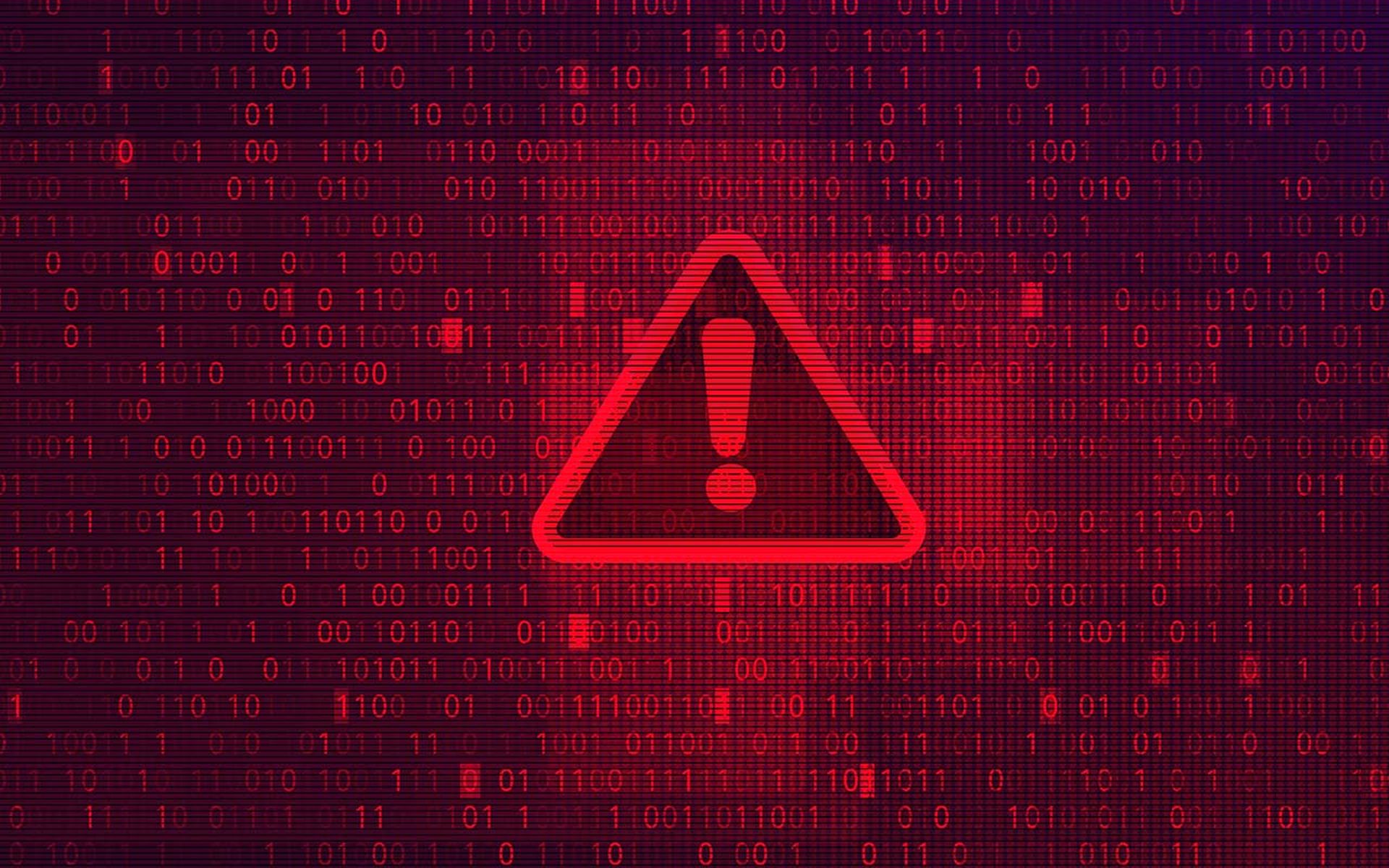When Michael Osborn, chief of the FBI's Violent Crimes Against Children unit, started out in his line of work, a Polaroid photo was often the evidence he searched for in predators' homes to help put away offenders– but now, sexual crimes against children often start online, or can be traced somehow to activities in cyberspace, the federal investigator shared.
At RSA Conference 2015, Osborn highlighted two recent developments the bureau has observed while investigating such cases today: criminals using remote wiping technology to thwart investigators' efforts, and an increasing number of sextortion cases involving minors.
The latter, he offered during the Thursday afternoon keynote, called “Into the Woods: Protecting Our Youth from the Wolves of Cyberspace,” involves “a process,” Osborn said.
It can begin with children sharing their own pictures online, but predators can also obtain the images through a number of routes, including social engineering, malware or lurking on social media websites or chat rooms that victims' might frequent.
Osborn sat on a panel with Lance Spitzner, training director of SANS Securing The Human, child sexual exploitation expert Dr. Sharon Cooper, a Fellow of the American Academy of Pediatrics (FAAP), and Alicia Kozakiewicz, president of The Alicia Project. Sandra Toms, vice president and curator of RSA Conference moderated the keynote panel.
Osborn, along with other child safety advocates on the panel, empasized that communication with children – and educating youths about online safety, was a key step in addressing the life-threatening concerns, which technology, alone, cannot address.
Spitzner at SANS offered that opening the lines of communication with kids, regarding their online lives and habits, would also help children feel comfortable talking to their parents, or other adults capable of safeguarding their interests. Furthermore, Dr. Sharon Cooper shared that children are vulnerable to online predators on many levels, being that studies have found that kids are not emotionally equipped to handle feelings of guilt or shame that may stem from having sexual images exposed (via sextortion or otherwise).
Kozakiewicz, who survived being abducted and sexually abused at the age of 13 by a man she met online, shared her harrowing story with RSA attendees, and emphasized the significant role they might play in spreading awareness about dangerous online habits.
Now 27, Kozakiewicz told the crowd that she was utlimately rescued by law enforcement, after her abductor posted a video of himself abusing her online. A man in Florida who saw the video ultimately alerted the FBI, she said.
During the talk, Osborn extended a call to action to cyber security experts that can help protect children online.
“They are going to make a decision today as to whether they are going to engage in some sort of risky behavior.If we, as parents and educators and subject matter experts, don't give our kids those tools to make good decisions, then they're more apt to make the bad decisions, which leads us to those sextortion [and other dangerous] scenarios,” he said.



